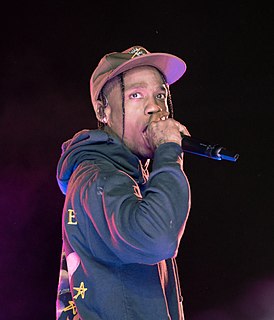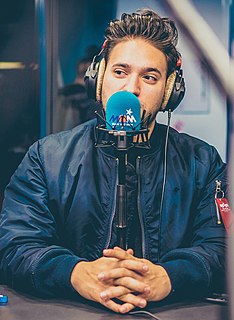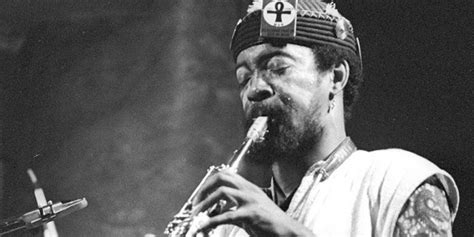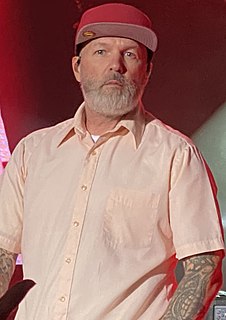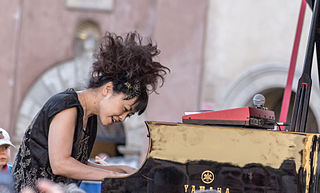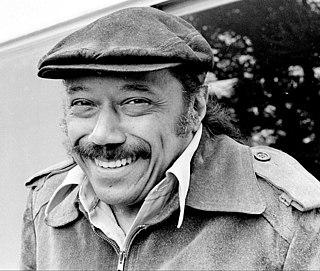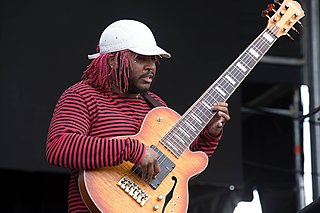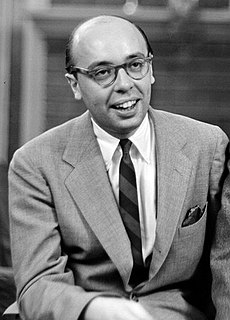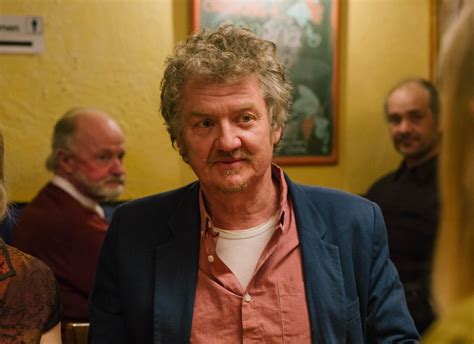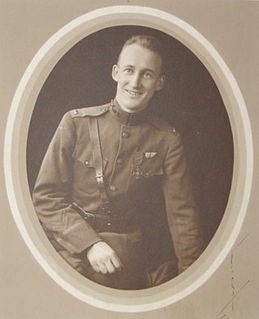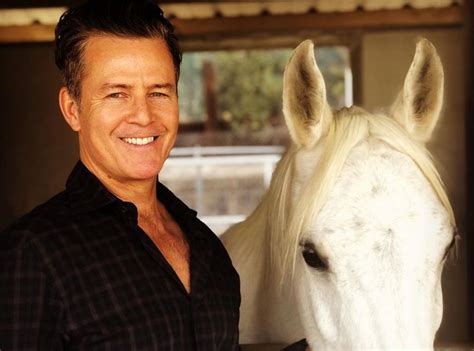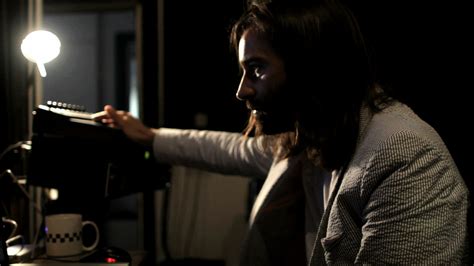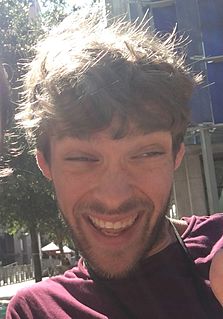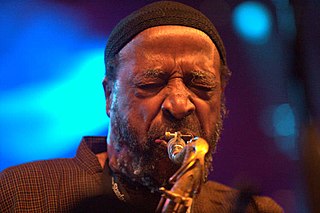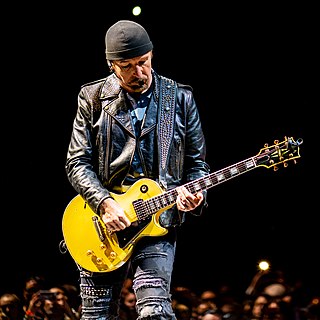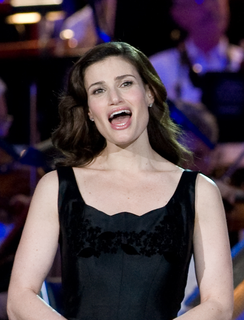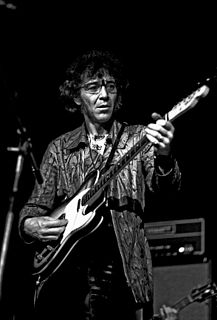Top 1200 Jazz Music Quotes & Sayings - Page 4
Explore popular Jazz Music quotes.
Last updated on November 14, 2024.
My school music teacher, Al Bennest, introduced me to jazz by playing Louis Armstrong's record of "West End Blues" for me. I found more jazz on the radio, and began looking for records. My paper route money, and later, money I earned working after school in a print shop and a butcher shop went toward buying jazz records. I taught myself the alto saxophone and the drums in order to play in my high school dance band.
Put it this way: Jazz is a good barometer of freedom... In its beginnings, the United States of America spawned certain ideals of freedom and independence through which, eventually, jazz was evolved, and the music is so free that many people say it is the only unhampered, unhindered expression of complete freedom yet produced in this country.
When you limit the word 'jazz' to one period of history, for the people who love that period, then maybe it can be dead because nobody plays like that anymore. But jazz is progressive music; it always has to progress, and musicians always have to find new landscapes and new ways to speak out, so of course it's always changing.
I may be prejudiced, but I believe that jazz music has the strongest healing potential, and it's not just because I play it and love it so much. I feel that it's the improvisation in jazz that makes it so strong as a healing tool, what each individual gives to a tune from their heart and their soul when they take a solo. It's all spontaneous, and it's all love, and from the heart.
I kept on buying records and listening to them. Finally, I was able to hear the relationship between the jazz improvisers' solos and the underlying structure that it's based on, the chord progression. That was pretty easy to do in the swing era, y'know, when jazz was, like, pop music, you know. It had made the charts and everything like that.
The jazz guitarist Peter Sprague calls his home recording studio SpragueLand, but sometimes it seems that the moniker better captures the way he has turned the entire southland into his own musical playground. Sprague is a highly versatile musician who draws on the wellsprings of jazz and Brazilian music as primary influences.
Music, that has mostly earned a 'film music' status in our country, leaves genres like jazz, folk and classical to the niche. But, something common ties all the genres of music, the skeleton of the sounds - the instruments. Instrumentalist in our country are not given their due, at least not as much as they deserve.
I got into music when I was a little boy. My dad was always into jazz. I got my education from him. The first time I listened to jazz, he gave me a Thelonious Monk record. It was so different from anything I had ever heard. It took me a while to understand it, and I liked that. I liked the fact that it wasn't immediately palatable.
There were two things I discovered when I toured with Snoop. One was that the band was all jazz musicians. The second was to instil in me a respect for other styles of music. From then on, whenever I played a new kind of music, I came with the same kind of open mind. What are they trying to do? What are they hearing? How do they see music?


